Seabed Carbon Risks: What Our Evidence Shows
Seabed Carbon Risks: What Our Evidence Shows
A new technical briefing reviews the latest evidence on how trawling, other human activities and climate change affect seabed carbon.
A new technical briefing reviews the latest evidence on how trawling, other human activities and climate change affect seabed carbon.

Written by Parvathi Vallivattathillam, National Oceanography Centre (NOC), Lianne Harrison, Cefas and Francesca D'Enno, Defra. The All-Atlantic Ocean Research and Innovation Alliance (AAORIA) is a science diplomacy effort which unites twelve countries across the Atlantic to strengthen and foster collaborative …
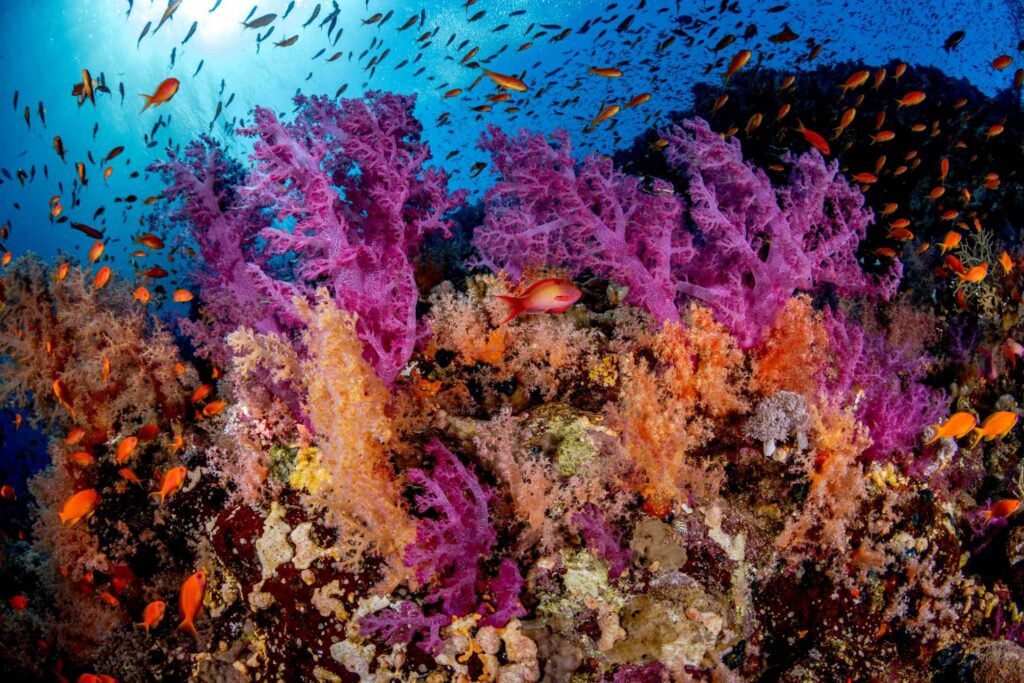
Coral reefs are vital for our oceans. They are among the most diverse and productive ecosystems on the planet, providing habitat for a vast array of marine life. They also provide livelihoods for over 600 million people, and coastal protection …
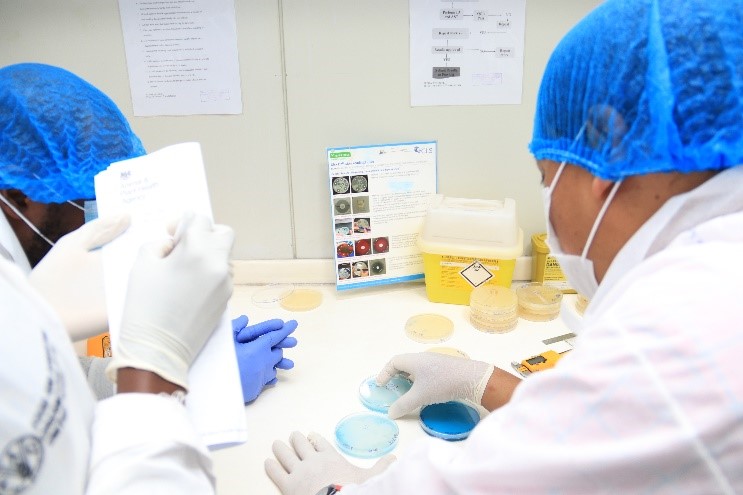
World AMR Awareness Week 2024 takes place this week, 18-24th November, a global campaign to raise awareness and understanding of Antimicrobial Resistance (AMR) and to promote best practices to reduce the emergence and spread of drug-resistant infections. Antimicrobial resistance occurs …
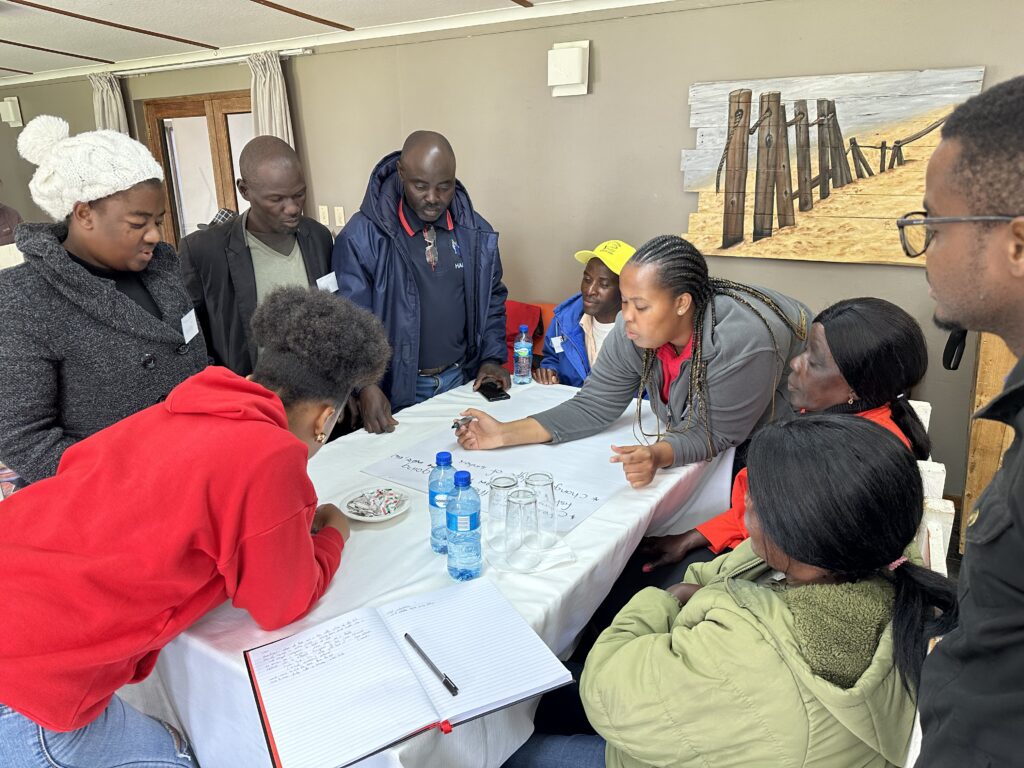
In this Q&A, Georg Engelhard Principal Marine Climate Change and Fisheries Scientist at Cefas, discusses a new One Ocean Hub paper titled “Climate risk assessment of the fisheries in Namibia” and its associated policy paper. It is the outcome of …
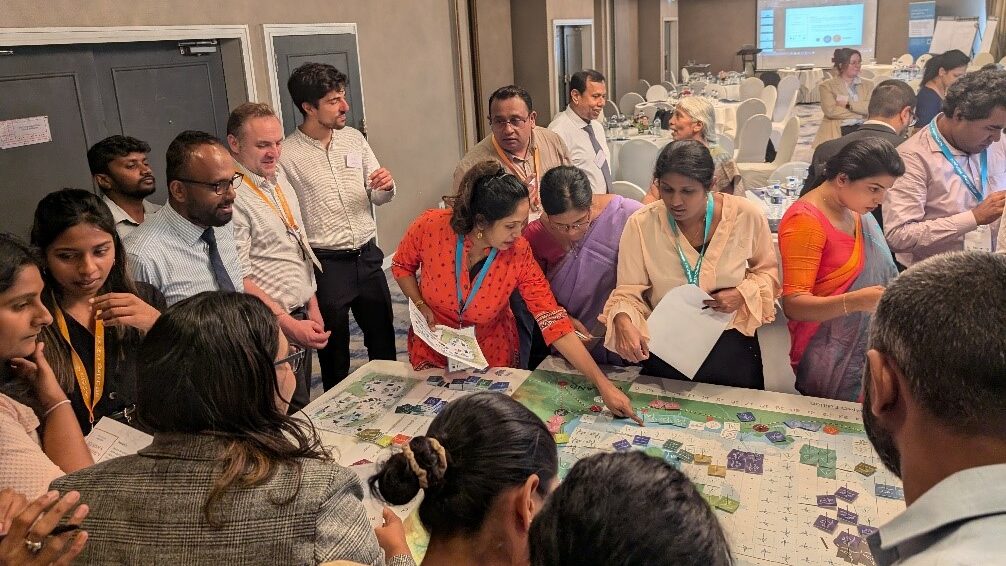
Authors: Lois Duff, Hannah Lawson A team from the Joint Nature Conservation Committee (JNCC) and the Marine Management Organisation (MMO) travelled to Sri Lanka in July 2024 to build on the support offered through the Ocean Country Partnership Programme (OCPP). …
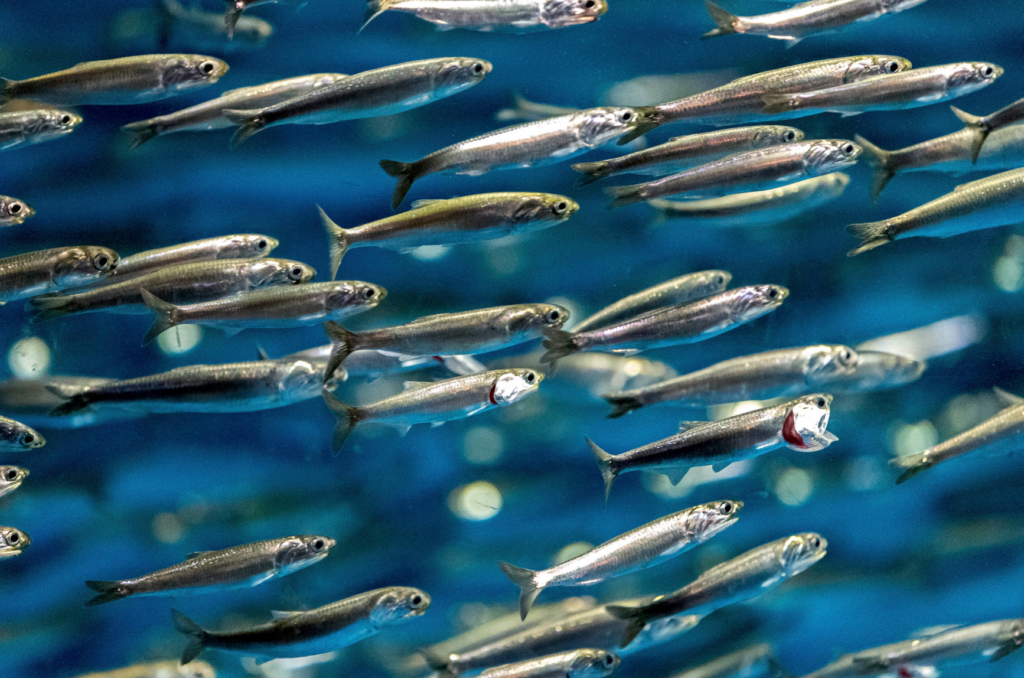
Climate change is altering the distribution of many marine fish species, with widespread impacts on biodiversity, with the potential to jeopardise world food security. Most studies to date focus on how commercially exploited fish species will be affected by climate …
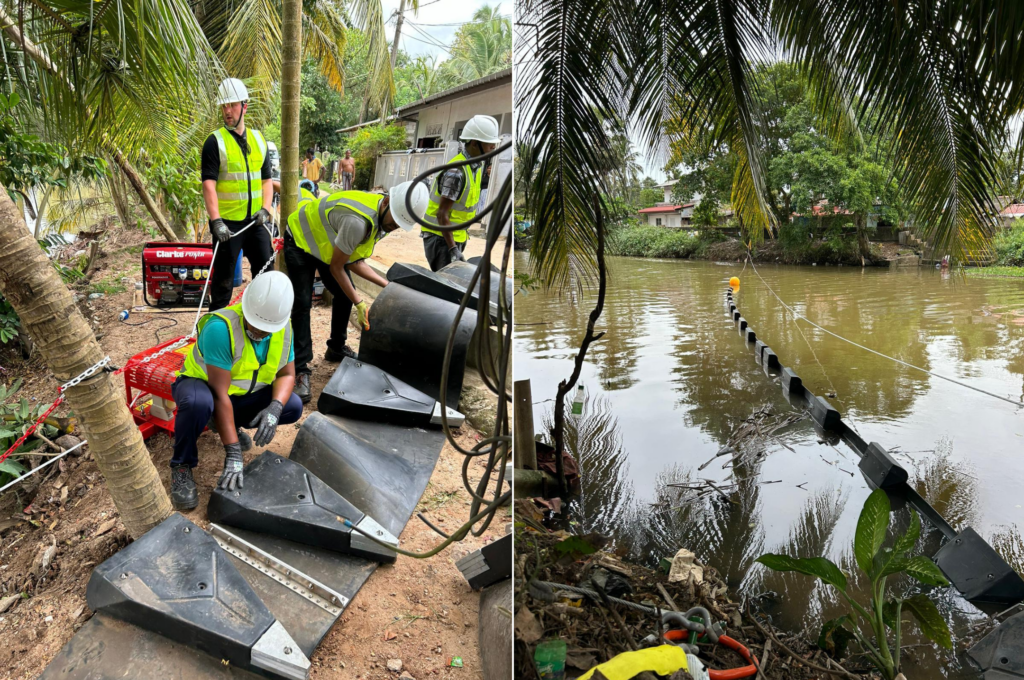
Authors: Peter Randall, Charlotte Reeve, Alessandra Bielli, Bryan-Goodsir Thompson, Kelly Bateman, Angharad Elliman Through the Ocean Country Partnership Programme (OCPP), Sri Lanka and the UK are collaborating to tackle the three key challenges of marine biodiversity, marine pollution and sustainable …
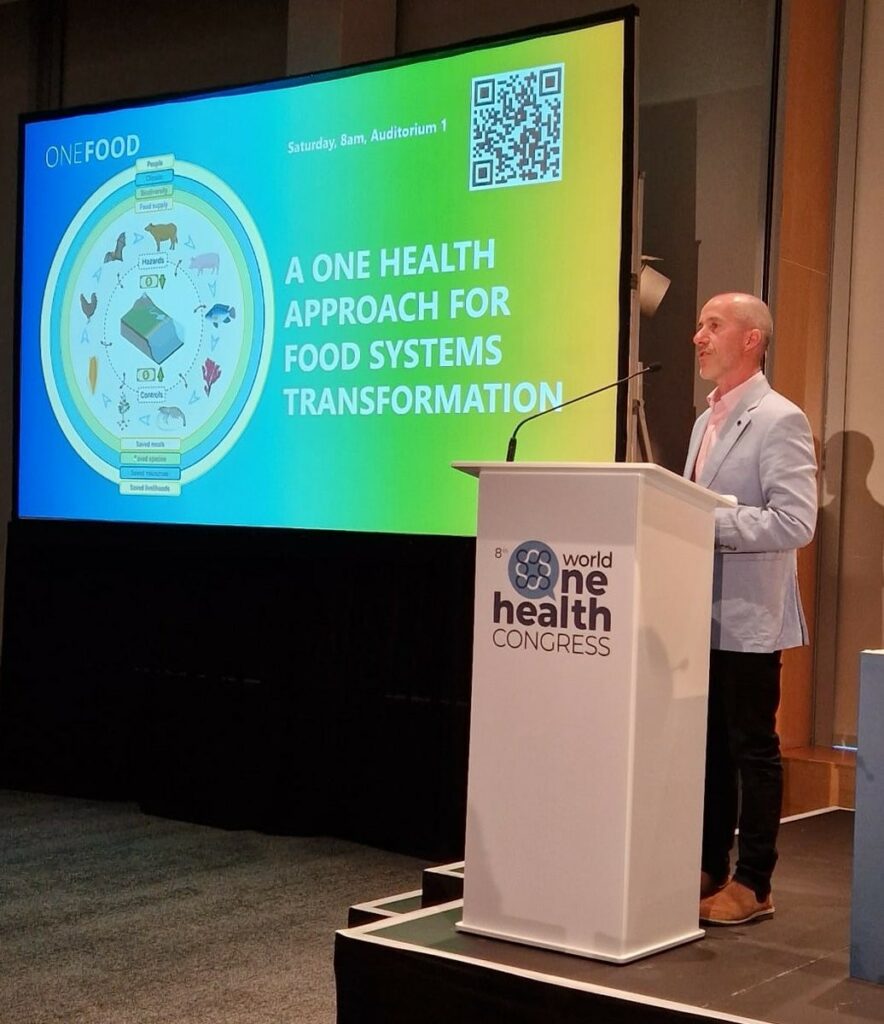
Authors: Julie Bremner (Cefas), Grant Stentiford (Cefas), Flavie Vial (APHA), Essa Suleman (CSIR) The UK government’s Animal and Plant Health Agency (APHA) and Centre for Environment, Fisheries and Aquaculture Science (Cefas) recently attended the 8th World One Health Congress (WOHC) …

Authors: Ross Robertson (Defra), Martin Arris (MMO), Rebecca Skirrow (Cefas) and Thomas Catchpole (Cefas) What is REM and what are our plans? Remote Electronic Monitoring, or REM for short, is a data collection tool that can be installed on vessels …
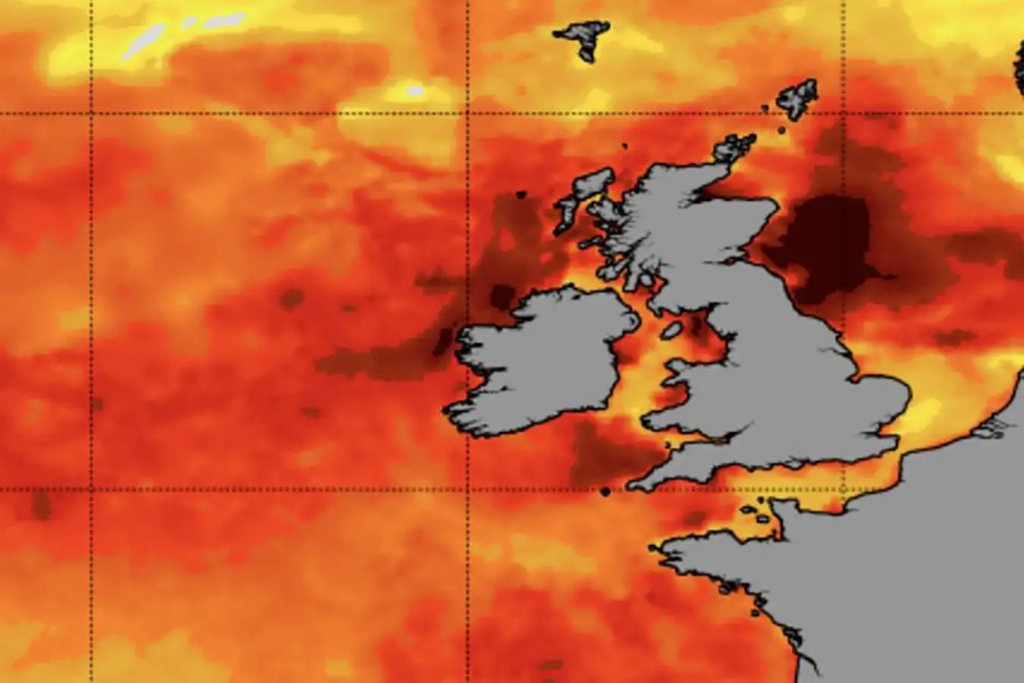
By John Pinnegar, Director of the International Marine Climate Change Centre, Cefas and Caroline Rowland, Head of Oceans, Cryosphere and Dangerous Climate Change, Met Office. In 2023 and 2024, global air temperatures reached unprecedented levels, with 2023 being officially the …